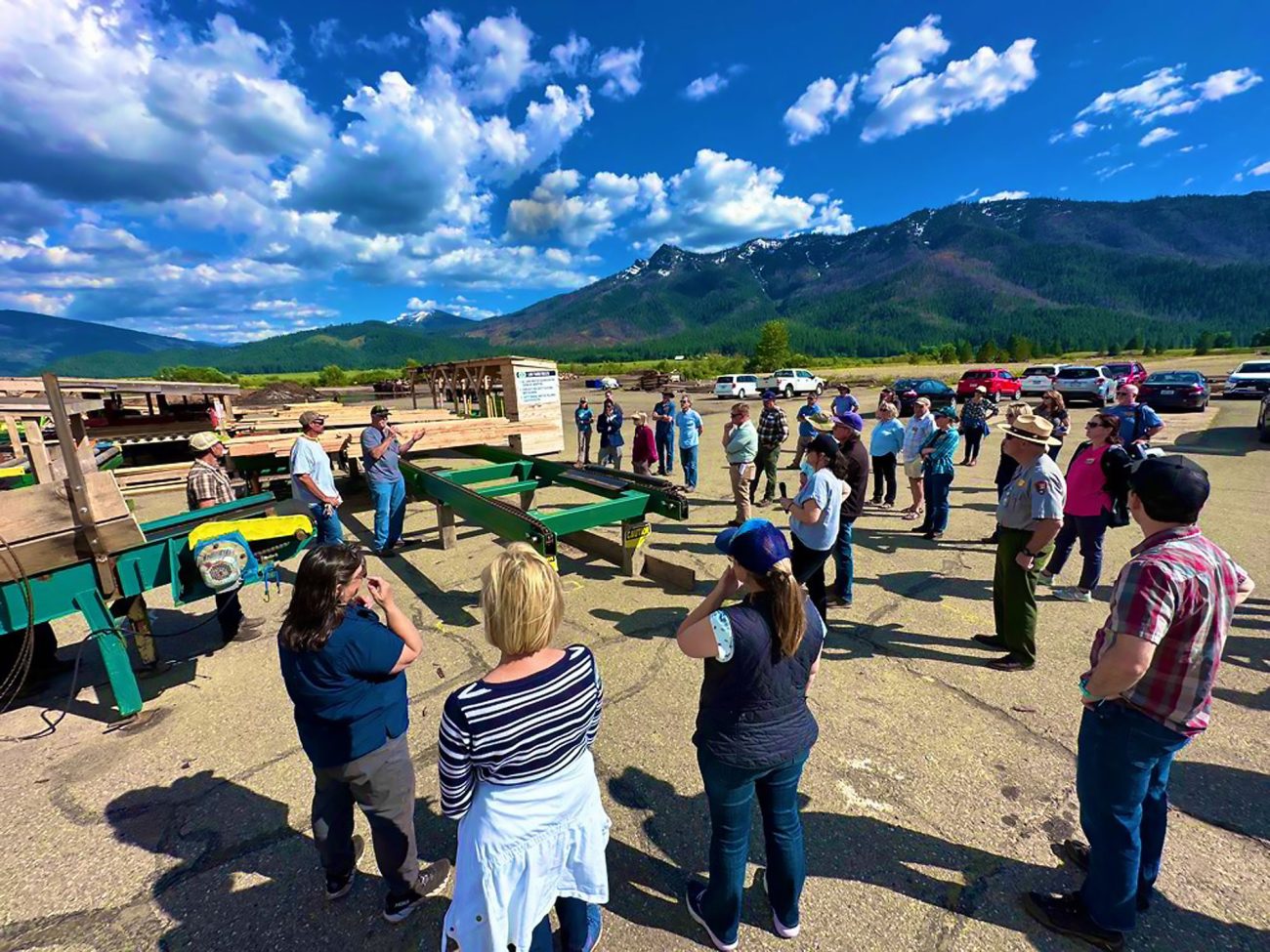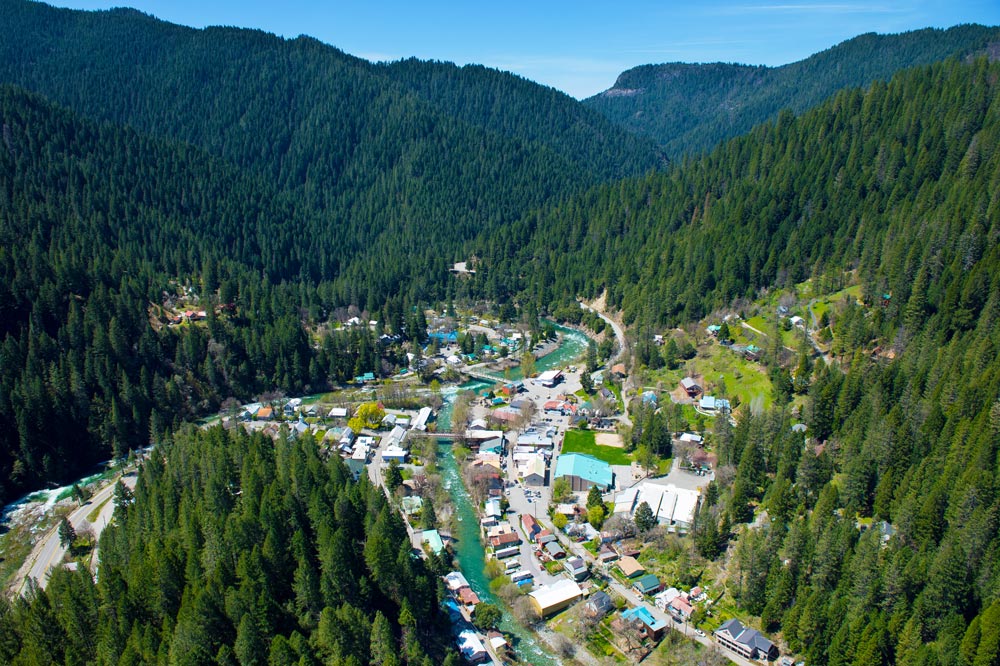Community Resilience
Grant Program
No funding available in 2025.
This page reflects the last active grant round.
Program goals are to support the planning and implementation of projects that improve the long-term sustainability of environmental, economic, and social resilience of Sierra-Cascade communities. A more specific focus for this program is under development.
Past grant rounds provided resources for capacity building and technical support to tribes, local agencies, and organizations for projects that increase community resilience to, and recovery from, natural disasters and ecological and economic challenges.



Eligibility
Eligible applicants:
- public agencies, including federal agencies
- qualifying 501(c)(3) nonprofit organizations
- tribal entities recognized on the current United States Federal Register or the Native American Heritage Commission as a California Native American tribe
Eligible projects:
- are located within, or provide services to, California’s Sierra-Cascade region
- are consistent with the goals of this program, defined in the grant guidelines (pdf)
- result in a clear, demonstrable, and enduring public benefit
- meet all requirements of Proposition 68 and be consistent with the recommendations of the 2018 California Forest Carbon Plan
Example Projects
- Complete a community capacity needs assessment
- Support short- and long-term wildfire recovery efforts
- Support to implement climate adaptation initiatives
- Convene stakeholders to determine the best ways to meet workforce needs associated with watershed restoration, forest products infrastructure, sustainable recreation and tourism, and working landscapes
- Use outside experts to provide training for community organizations
- Establish workforce development programs to pair trainees from underserved communities with professionals engaged in forest and watershed health activities
